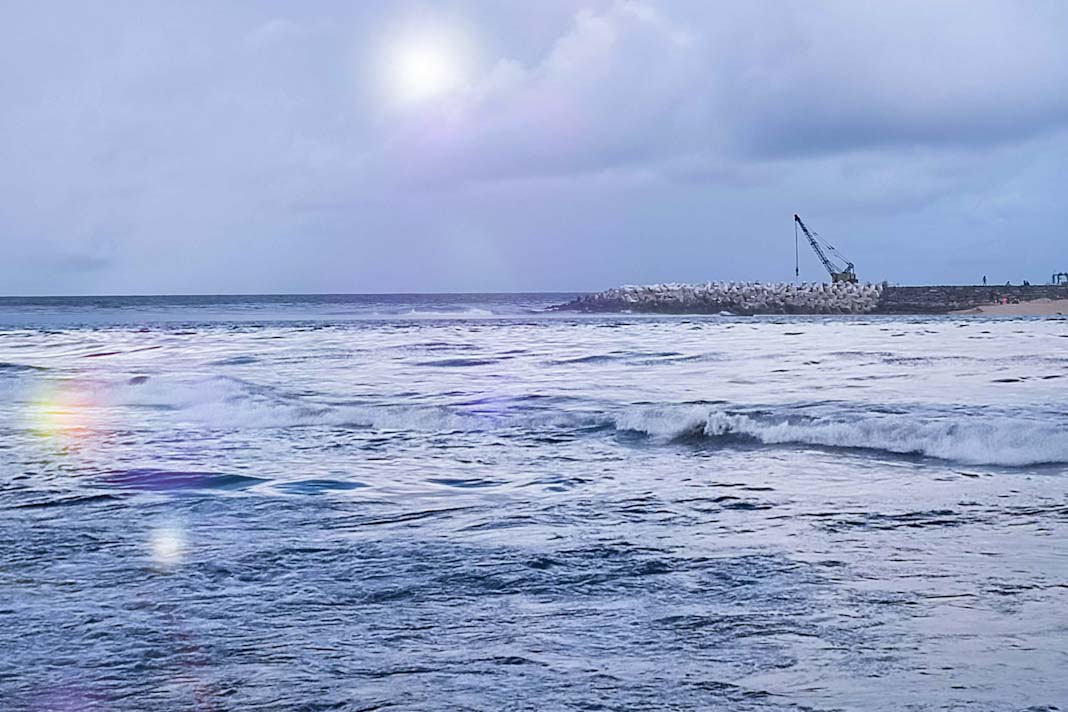- Container ship owners have ordered 162 LNG dual-fuel ships, despite concerns about their alignment with the IMO’s revised GHG strategy.
- Experts like Dr. Tristan Smith from UMAS label the trend “bizarre,” suggesting carriers are copying each other without considering future regulations.
- The IMO plans to implement stringent GHG intensity reductions by 2030 and 2040, potentially making LNG-fueled ships uncompetitive.
Surge in LNG Ship Orders Amid Regulatory Concerns
Container ship owners and lines have some 162 LNG-powered new buildings on order with 80 of these vessels, totaling 1.44 million teu, over 15,000 teu.
The world’s 10 biggest container shipping lines have a total of 371 vessels on order, University College London’s Dr Tristan Smith, argues that these orders are “bizarre”, and he said carriers appear to be looking at each other and copying ordering errors.
Effective parameters on LNG will not come from the EU’s FuelEU regulation for another 10-15 years, which Smith said could “perhaps be one explanation for this bizarre ordering of LNG dual-fuel ships”.
The IMO’s revised strategy made it clear that it will set its mid-term measures to deliver a 50-60% GHG intensity reduction in the 2030s and a 90% lower GHG intensity reduction in 2040.
Container shipping’s order book up to 2029 deliveries currently stands at 371 ships with a combined capacity of 4,843,424 teu.
Lookout Maritime CEO, Martin Crawford-Brunt, explained that current regulations from the EU mean that by pooling just a few lower emission vessels with the rest of the fleet, a company can average out reductions across its fleet, reducing FuelEU regulatory costs, however, the total emissions must remain below the regulatory limit which will become increasingly more stringent.
Faïg Abbasov, Shipping Programme director, Transport & Environment which is a member of Say No To LNG (SNTL) said pooling is not a loophole. It is intended to enable the uptake of zero/near-zero emission vessels as companies renew their fleet as opposed to marginally improving older vessels through biofuel blends. Allowing targets to be achieved on a fleet-wide rather than an individual vessel basis allows for ambitious new shipbuilders instead of having to do small retrofits on the whole fleet.
Pooling offers significant cost incentives according to Crawford-Brunt, which made Maersk’s decision to order LNG-powered ships, an apparent strategic U-turn, “inevitable because they would not be able to compete against MSC and CMA CGM.”
Did you subscribe to our daily Newsletter?
It’s Free! Click here to Subscribe
Source: Seatrade Maritime
















